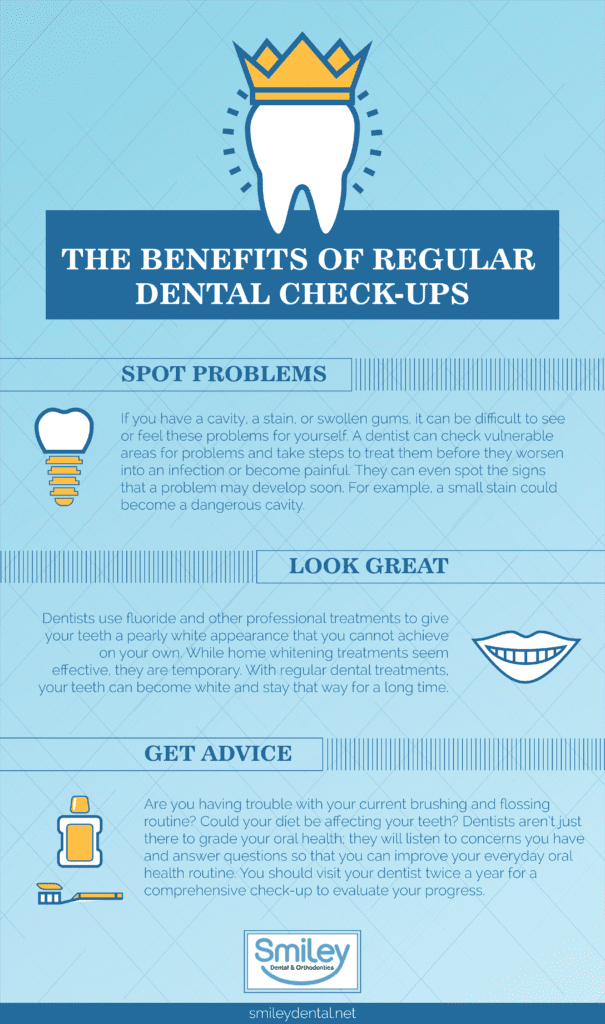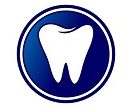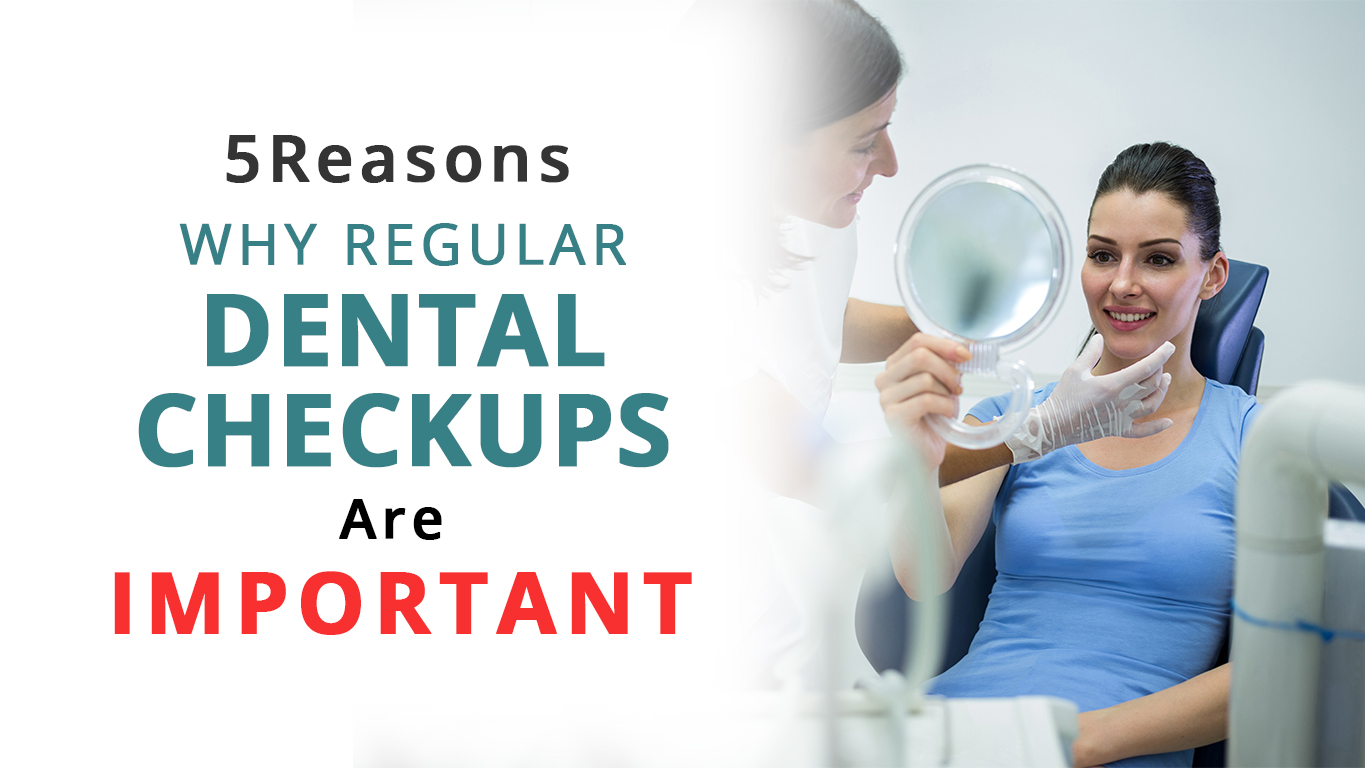How Regular Dental Check-Ups Can Save Your Teeth
Did you know that regular dental check-ups can save your teeth?
Many people are unaware of the importance of routine dental visits, but they play a crucial role in maintaining your oral health. By going for check-ups, you can catch dental issues early on, such as tooth decay and gum disease, preventing them from worsening and causing more damage.
Your dentist will also address any oral health habits that may be impacting your teeth and gums. Additionally, regular check-ups allow for the identification and management of oral cancer risks, ensuring early detection and treatment if needed.
Not only can regular dental visits save your teeth, but they can also save you money in the long run by preventing the need for costly dental treatments.
Key Takeaways
– Regular dental check-ups are crucial for maintaining oral health.
– Dental visits allow for early detection of dental issues.
– Regular dental visits can save money by preventing costly treatments.
– Routine check-ups help identify and manage oral cancer risks.
Early Detection of Dental Issues
Regular dental check-ups can help you catch dental issues early. By visiting your dentist regularly, you give them the opportunity to examine your teeth and gums for any signs of trouble. Dental problems, such as cavities, gum disease, and oral cancer, can often go unnoticed without professional intervention.
However, through regular check-ups, your dentist can detect these issues before they become more severe and difficult to treat. Early detection is crucial because it allows for prompt intervention and prevents the problem from worsening. For example, if a small cavity is identified during a check-up, your dentist can quickly fill it, preventing it from growing larger and potentially requiring a root canal or extraction.
Additionally, regular check-ups can help identify signs of gum disease, such as redness, swelling, or bleeding gums. Treating gum disease in its early stages is vital to prevent tooth loss and further complications.
Preventing Tooth Decay
To prevent tooth decay, it’s important for you to maintain good oral hygiene habits and make healthy dietary choices. Here are some tips to help you keep your teeth strong and cavity-free:
– Brush your teeth at least twice a day using a fluoride toothpaste. Be sure to brush all surfaces of your teeth, including the gumline and the back of your mouth.
– Floss daily to remove plaque and food particles from between your teeth and along the gumline. This helps prevent the formation of cavities in those hard-to-reach areas.
– Limit your intake of sugary and acidic foods and drinks. These can contribute to tooth decay by feeding the bacteria in your mouth that produce harmful acids.
– Eat a balanced diet that includes plenty of fruits, vegetables, whole grains, and lean proteins. These foods provide essential nutrients for strong teeth and gums.
– Drink plenty of water throughout the day. Water helps wash away food particles and neutralize acids in your mouth.
– Visit your dentist regularly for check-ups and professional cleanings. Your dentist can detect early signs of tooth decay and provide necessary treatments to prevent further damage.
Treating Gum Disease
Now let’s talk about treating gum disease.
It’s crucial to address this issue because it can help prevent tooth loss and maintain good gum health.
Understanding the importance of treating gum disease will empower you to take proactive steps in preserving your oral health.
Preventing Tooth Loss
Are you aware of how dental check-ups can effectively prevent tooth loss by treating gum disease? Regular dental check-ups play a crucial role in maintaining good oral health and preventing tooth loss. Here’s how these check-ups can help save your teeth:
– Early detection: During a dental check-up, your dentist can identify the early signs of gum disease, such as redness, swelling, and bleeding gums. By detecting gum disease early on, appropriate treatment can be initiated promptly, preventing further damage to your teeth and gums.
– Professional cleaning: Dental check-ups involve professional cleaning, which removes plaque and tartar buildup. This helps to prevent gum disease by eliminating the bacteria that cause it.
– Personalized advice: Your dentist can provide personalized advice on maintaining good oral hygiene and preventing gum disease. This may include recommendations for proper brushing and flossing techniques, as well as lifestyle changes that can contribute to better oral health.
Gum Health Importance
Maintaining optimal gum health is critical for preventing tooth loss and can be effectively addressed through regular dental check-ups.
Gum disease, also known as periodontal disease, is a common condition that affects the tissues surrounding the teeth. If left untreated, it can lead to gum recession, bone loss, and ultimately tooth loss.
Regular dental check-ups are essential in detecting and treating gum disease at an early stage. During these check-ups, your dentist will examine your gums for any signs of inflammation, bleeding or recession. They’ll also perform a thorough cleaning to remove plaque and tartar buildup, which are major contributors to gum disease.
Additionally, your dentist may provide you with personalized recommendations for proper oral hygiene practices and lifestyle changes to maintain optimal gum health.
Addressing Oral Health Habits
Now let’s talk about your oral health habits.
Brushing and flossing are essential for maintaining healthy teeth and gums. Remember to use mouthwash as well, as it can help kill bacteria and freshen your breath.
Brushing Vs. Flossing
By regularly brushing and flossing your teeth, you can effectively maintain good oral health habits. Here’s why both practices are important:

– Brushing:
– Removes plaque and food particles from the surface of your teeth.
– Helps prevent tooth decay and gum disease.
– Should be done twice a day, using a fluoride toothpaste and a soft-bristled toothbrush.
– Flossing:
– Cleans the spaces between your teeth where a toothbrush can’t reach.
– Removes plaque and bacteria that can lead to cavities and gum inflammation.
– Should be done at least once a day, using a gentle back-and-forth motion.
Remember, brushing and flossing work together to keep your teeth and gums healthy. While brushing is important for removing surface debris, flossing is crucial for reaching those tight spaces where bacteria thrive.
Make these habits a part of your daily routine to maintain optimal oral health.
Importance of Mouthwash
To maximize your oral health habits, incorporate the use of mouthwash into your daily routine.
Mouthwash is an essential tool for maintaining optimal oral hygiene. It helps to kill bacteria, freshen your breath, and prevent gum disease.
By using mouthwash, you can reach areas in your mouth that your toothbrush and floss may miss, ensuring a thorough clean. Additionally, mouthwash can help reduce plaque and tartar buildup, which can lead to tooth decay and cavities.
It’s important to choose a mouthwash that contains fluoride, as it strengthens your teeth and prevents tooth decay. Make sure to follow the instructions on the bottle and rinse your mouth for the recommended amount of time.
Preventing Gum Disease
One way to prevent gum disease is by maintaining good oral health habits. By following these simple practices, you can significantly reduce your risk of developing gum disease:
– Brush your teeth at least twice a day, using a fluoride toothpaste. Make sure to brush for two minutes, covering all surfaces of your teeth and gums.
– Floss daily to remove plaque and food particles from between your teeth and along the gumline.
– Use an antiseptic mouthwash to kill bacteria and freshen your breath. Look for a mouthwash that’s specifically designed to prevent gum disease.
By incorporating these habits into your daily routine, you can keep your gums healthy and prevent gum disease from developing.
Identifying and Managing Oral Cancer Risks
Regular dental check-ups play a crucial role in the early detection and effective management of oral cancer risks. These routine visits to your dentist allow for the identification of any potential signs or symptoms of oral cancer, ensuring that it can be diagnosed and treated in its early stages. During your check-up, your dentist will carefully examine your mouth, throat, and neck for any abnormalities, such as sores, lumps, or discoloration. They may also feel your lymph nodes to check for any swelling or tenderness. If any suspicious areas are found, further tests, such as biopsies or imaging scans, may be recommended to determine if oral cancer is present.
Managing oral cancer risks involves a multi-faceted approach. If you’re a smoker or use tobacco products, quitting is crucial in reducing your risk of oral cancer. Limiting alcohol consumption is also important, as excessive drinking is linked to an increased risk of developing oral cancer. Additionally, practicing good oral hygiene, including regular brushing and flossing, can help maintain a healthy mouth and reduce the risk of oral cancer. It’s also important to maintain a balanced diet rich in fruits and vegetables, as they contain important nutrients that support a healthy immune system and may help prevent oral cancer.
Regular dental check-ups are essential for monitoring your oral health and catching any potential issues early, allowing for effective management and treatment of oral cancer risks.
Saving Money on Future Dental Treatments
If you want to save money on future dental treatments, it’s important to take advantage of regular check-ups. Here are some ways in which regular dental check-ups can help you save money:
– Prevention is key: Regular check-ups allow your dentist to identify any potential dental issues early on. By catching problems like cavities or gum disease in their early stages, you can avoid more extensive and costly treatments down the line.
– Professional cleaning: During your check-up, your dentist will also perform a professional cleaning to remove plaque and tartar buildup. This not only helps to prevent tooth decay and gum disease but also saves you money by avoiding more expensive treatments like root canals or gum surgery.
– Oral health education: Your dentist can provide valuable information about proper oral hygiene practices and preventive measures. By following their advice, you can reduce the risk of dental problems and save money on future treatments.
Frequently Asked Questions
How Often Should I Schedule Regular Dental Check-Ups?
You should schedule regular dental check-ups every six months. These check-ups are important for maintaining your oral health and preventing dental problems. During these appointments, your dentist will thoroughly examine your teeth and gums, looking for any signs of decay or gum disease.
They’ll also perform a professional cleaning to remove plaque and tartar buildup. Regular check-ups can catch any issues early on, saving your teeth from more serious problems in the long run.
What Are Some Common Signs and Symptoms of Gum Disease?
If you’re wondering about the signs and symptoms of gum disease, there are a few things to look out for. Common signs include red, swollen, or tender gums, bleeding when you brush or floss, persistent bad breath, and loose teeth.
You may also notice a change in how your bite feels or a receding gumline. If you experience any of these symptoms, it’s important to schedule a dental check-up as soon as possible to prevent further damage to your teeth and gums.
Are There Any Specific Oral Health Habits That Can Help Prevent Tooth Decay?
There are specific oral health habits that can help prevent tooth decay. Brushing your teeth twice a day with fluoride toothpaste and flossing daily are essential.
It’s also important to limit sugary and acidic foods and drinks and to avoid tobacco products.
Regular dental check-ups play a crucial role in preventing tooth decay as they allow your dentist to detect any early signs and provide necessary treatments.
How Are Oral Cancer Risks Identified and Managed During Dental Check-Ups?
During dental check-ups, your dentist identifies and manages oral cancer risks. They’ll visually examine your mouth, throat, and neck for any signs of abnormalities. They may also use specialized tools to further evaluate any suspicious areas.
If they find anything concerning, they’ll recommend further diagnostic tests or refer you to a specialist for further evaluation and treatment.
Regular dental check-ups play a crucial role in early detection and management of oral cancer, increasing the chances of successful treatment.
Can You Provide Tips on How to Save Money on Future Dental Treatments?
To save money on future dental treatments, you can take a few steps.
First, make sure you schedule regular dental check-ups. These check-ups can help identify and address any dental issues before they become more serious and costly.
Additionally, practicing good oral hygiene, such as brushing and flossing regularly, can help prevent the need for extensive dental work.
Conclusion
So, make sure you don’t skip your regular dental check-ups.
By detecting dental issues early on, preventing tooth decay, treating gum disease, addressing oral health habits, and identifying and managing oral cancer risks, you can save your teeth.
Plus, regular check- have a peek at these guys ups can also help you save money on future dental treatments.
Don’t neglect your oral health schedule your next dental appointment today!

Welcome to my website! I’m Declan Gaffney, a dedicated and passionate Preventive Dentist with years of experience in promoting oral health and providing top-notch dental care. I am thrilled to share my knowledge and expertise with you through this platform.

